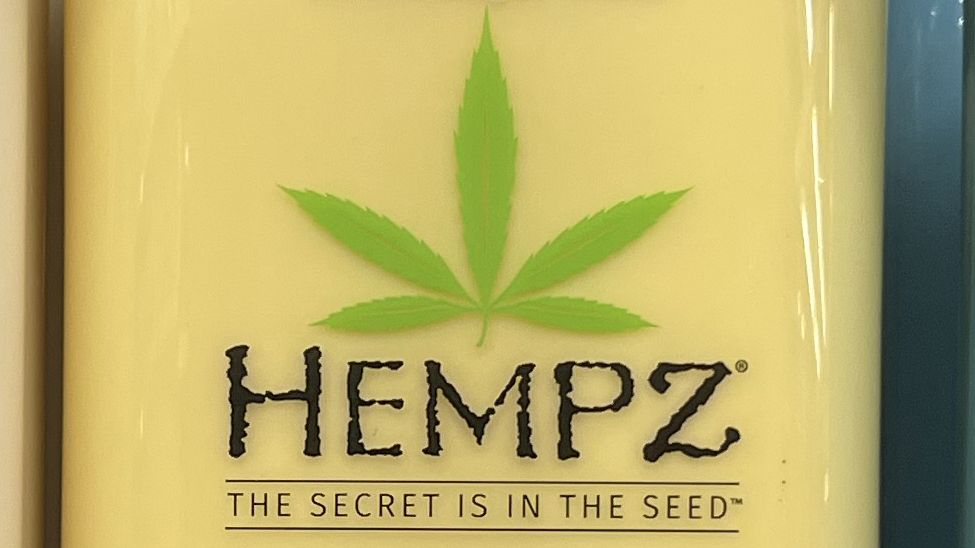For many consumers exploring the wellness world, “hemp” and “CBD” seem interchangeable. They often appear side by side on product labels — from oils and gummies to lotions and pet treats — creating the impression that they’re the same thing. However, while hemp and CBD are closely related, they are not identical. Understanding their distinctions helps consumers make more informed buying decisions and avoid misleading marketing.
What Is Hemp?
Hemp is a variety of the Cannabis sativa plant that contains very low levels of THC — the psychoactive compound found in marijuana. According to the 2018 U.S. Farm Bill, hemp is legally defined as cannabis containing less than 0.3% THC by dry weight. Farmers grow hemp primarily for its seeds, stalks, and flowers, which can be used to make food, textiles, paper, building materials, and wellness products. Hemp seeds are nutrient-rich, containing essential fatty acids, protein, and minerals, but they do not contain CBD or THC in significant amounts.
What Is CBD?
CBD, short for cannabidiol, is one of over 100 cannabinoids naturally found in the cannabis plant. It’s extracted mostly from the flowers and leaves of hemp plants because these parts contain the highest concentrations of cannabinoids. CBD interacts with the body’s endocannabinoid system, which regulates mood, sleep, pain, and immune responses. Unlike THC, CBD does not cause intoxication or euphoria. Many users turn to CBD for relaxation, focus, and recovery support without the high associated with marijuana.
Read More: Breaking Down the CBD Spectrum: A Consumer’s Guide to Clarity
Why the Confusion?
The confusion stems largely from marketing and labeling practices. Many hemp-derived products use the words “hemp oil” or “CBD oil” interchangeably, even though they can refer to different things.
For instance, hemp seed oil is made from cold-pressed hemp seeds and contains little to no CBD. It’s commonly used in cooking or skincare for its nutritional benefits. CBD oil, on the other hand, is made by extracting cannabidiol from hemp flowers and blending it with a carrier oil such as MCT or olive oil. Consumers often mistake hemp seed oil for CBD oil when browsing shelves or shopping online because both are marketed under the general “hemp” umbrella.
Additionally, varying regulations between states and countries add to the misunderstanding. While hemp cultivation is federally legal in the United States, CBD’s status can vary depending on how it’s sourced and labeled. This regulatory gray area has allowed some brands to use vague terminology, blurring the line between hemp and CBD even further.
Why Clarity Matters
Understanding the difference helps consumers purchase the right product for their needs. Someone looking for nutritional benefits might choose hemp seed oil, while those seeking wellness support through cannabinoids should opt for CBD oil with verified lab results. Reading product labels carefully and checking for third-party testing are key steps in identifying authentic CBD products.
As the hemp and CBD industries mature, greater transparency and education will continue to help consumers make more confident choices — separating the myths from the true benefits behind each.

